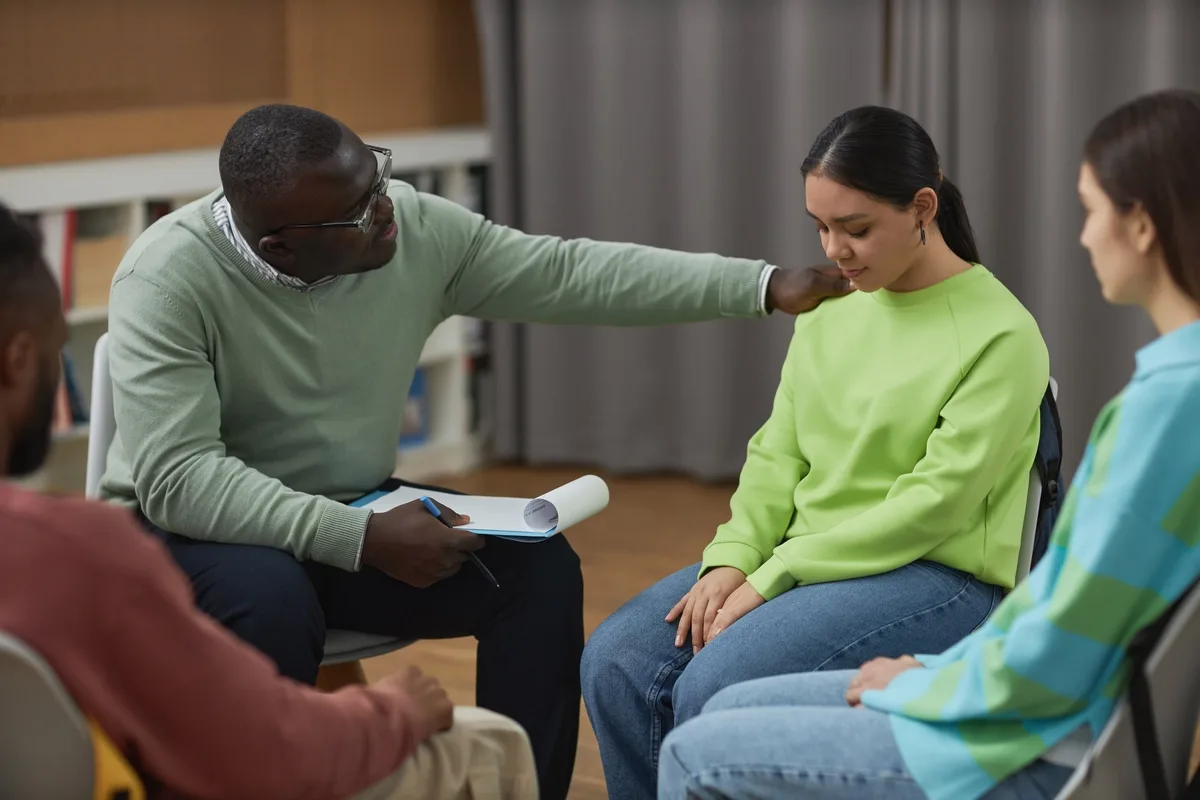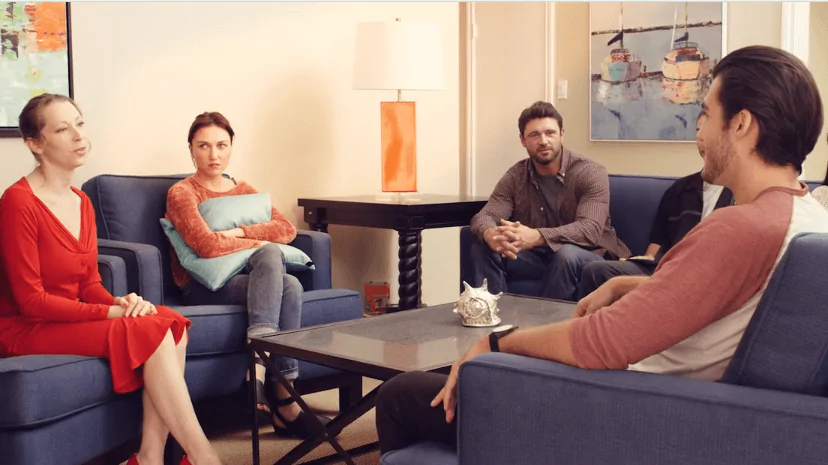24/7 Helpline:
(866) 899-221924/7 Helpline:
(866) 899-2219
Learn more about Dual Diagnosis Rehab centers in Granada Hills
Dual Diagnosis Rehab in Other Cities

Other Insurance Options

Self-pay options

Optima

BHS | Behavioral Health Systems

WellCare Health Plans

Humana

Providence

CareSource

Meritain

Lucent

BlueShield

Optum

UnitedHealth Group
Beacon

Ceridian

Horizon Healthcare Service

Health Choice

Evernorth

Magellan Health

Medical Mutual of Ohio

GEHA

Believe Detox Center
Believe Detox Center is a private rehab located in Granada Hills, California. Believe Detox Center s...















